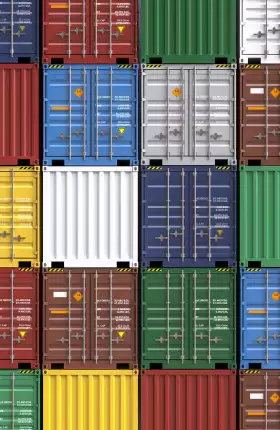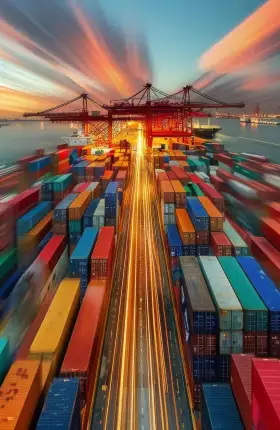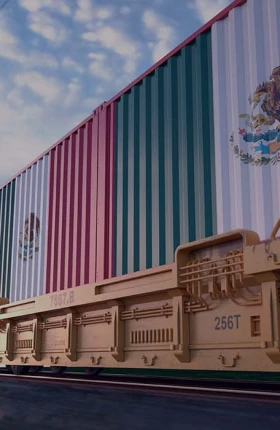
Education
- M.I.A., international affairs, Columbia University
- M.Sc., journalism, Columbia University
- B.A., political studies, Queen’s University
- Visiting Undergraduate, Harvard University
Michael returned to Boston Consulting Group in 2017. He is a core member of the firm’s Global Advantage practice and a member of the Industrial Goods practice.
For more than 25 years, Michael has worked at the nexus of corporate strategy, public policy, and international geopolitics. He has been a member of the senior staff of the prime minister of a G7 country; a BCG principal; and a C-suite executive responsible for strategy, international trade, and international business development. He has successfully resolved trade disputes and/or market access barriers in the US, the EU, Russia, China, and Brazil. He has lived and worked in all three NAFTA countries, including running a Mexican manufacturing site with 225 unionized employees. Michael is a board member of the ICICI Bank Canada.
Michael began his career as a staffer in the Parliament of Canada, where he rose to become executive assistant to the prime minister. In this role, he participated in trade and diplomatic missions to 22 countries. He first joined BCG in 1995, working in the Toronto and Monterrey offices, and serving clients primarily in manufacturing. In 2001, he became a senior executive of Bombardier Inc., where he held leadership and C-suite roles in strategy, operations, international trade, and industrial services.
Michael is also fluent in French and Spanish.










